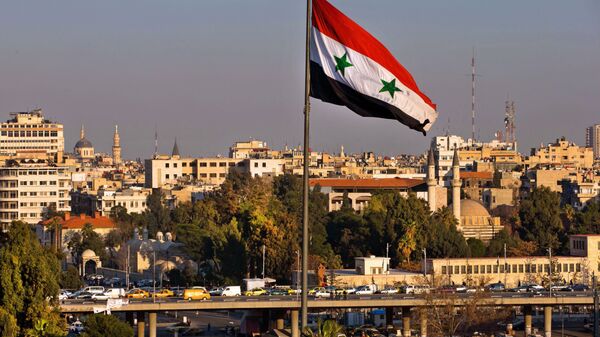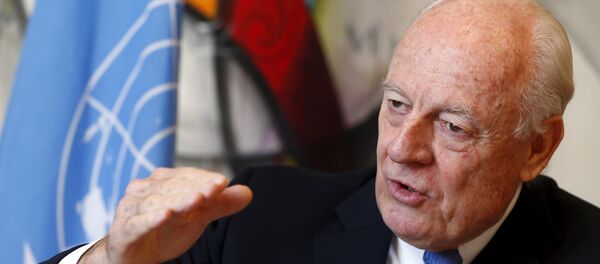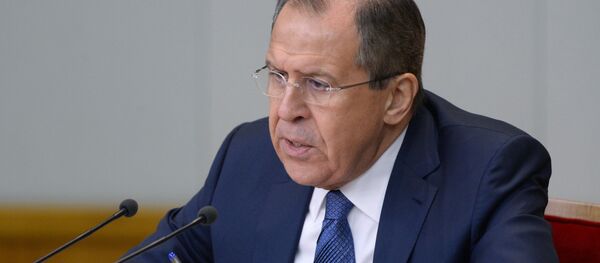After Daesh is defeated this area would be controlled by the international coalition fighting terrorists, the article in Yeni Safak read.
After a ceasefire deal on Syria was reached Washington announced it was considering a backup plan which should be used if the deal fails. The cessation of fire in Syria commenced on February 27.
In the current context, such stove-piping activity is logic, analyst on Middle Eastern affairs Stanislav Tarasov said.
"The recent events have proved that Turkey’s actual policy toward Syria is aimed at dividing the country. What is more, it is logic in the broad context of the Arab Spring, with the gradual fragmentation of Arab states," he told Svobodnaya Pressa.
According to him, despite the Geneva peace process, there is still a scenario to divide Syria, and some forces are pushing it now.
"One of the most serious issues is Syrian Kurds. If Assad stays in power it would have to pass a new constitution with a new form of territorial division of Syria. Syrian Kurds are now enjoying support from both the US and Russia. And they are likely to ask for more autonomy," the analyst pointed out.
The Kurdish question is a big concern for Ankara, he added. If Kurds create their own autonomies in both Syria and Iraq, Turkey will be geographically and politically blocked. Such a prospect is also encouraging the Kurdish Workers’ Party (PKK) to intensify its struggle against Ankara, including for a Kurdish autonomous region in Turkey. Turkish President Recep Tayyip Erdogan cannot let this happen.
This is why, now the Turkish government is testing public attitudes toward this scenario.
As a result, it is clear that despite the course on preventing Syria from disintegration, there are a number of actual processes and contradicting interests in Syria, like it was in Iraq after the US invasion, he concluded.
What is more, he added, some, especially in the Middle East, have insisted that there is no need to destroy Daesh. According to them, only its radical groups should be destroyed, to establish dialogue with its "moderate wing."
He also assumed that if Syria is divided into four parts controlled by different groups difficulties will persist in the implementation of peaceful agreements.
The autonomy of the Syrian Kurdistan is almost an accomplished fact, Semyon Bagdasarov, head of the Center for Middle East and Central Asia Studies, said.
"Syria in its current form is nearing the ned. But it’s hard to predict how the country will be divided and which parts will governable and which not," he said.





